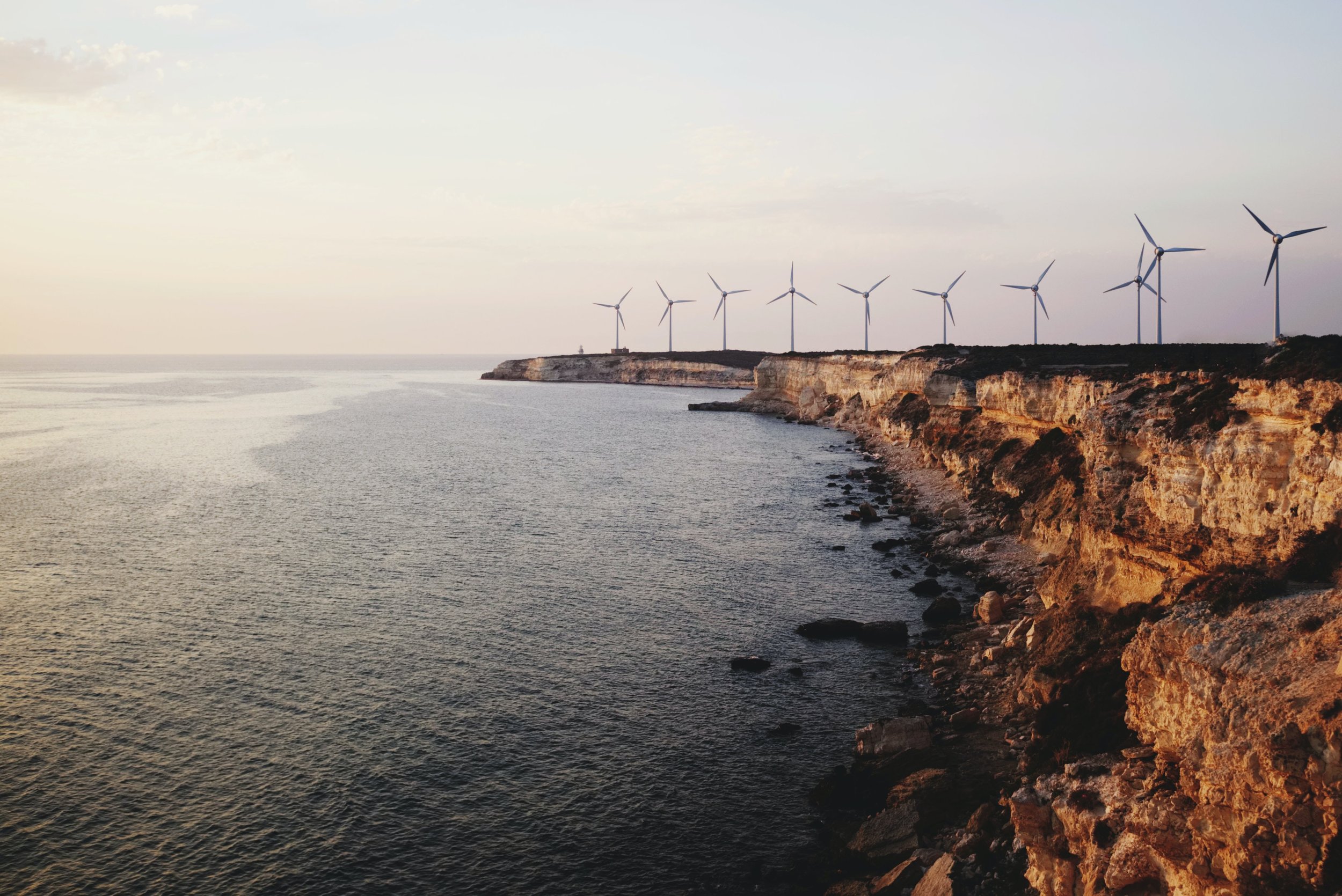Divestment vs Engagement: Superannuation As A Force For Change
Are exclusions and divestment the way to invest ethically? Or is it through active investing and engagement that you will enact the greatest social change? And how does superannuation fit in?
Written by Victoria Kent, Senior Investment Specialist
Photo by Efe Kurnaz on Unsplash
This information does not take into account your personal objectives, financial situation or needs. You should consider if the relevant investment is appropriate having regard to your own objectives, financial situation and needs.
You’ve likely heard about the concept of only investing in what you believe in.
The flip side is divesting from the things you don't believe in, which could include: tobacco, armaments, logging, gambling and fossil fuels.
Many funds (including super funds) now have a list of investing 'exclusions' which effectively knock out harmful companies from the investible universe so they don’t make it into their portfolios.
The ESG investor dilemma
Invest or divest? Engage or run for the hills?
Each ethical fund manager will ultimately take their own approach. The Financial Times call it "The ESG investor’s dilemma".
But which approach is more effective in promoting the desired change?
A paper published by the European Corporate Governance Institute found that in a competitive world, divestment (or exit) is less effective than engagement (or voice) in pushing firms to act in a socially responsible manner.
In other words, divestment doesn’t guarantee achievement of a desired social goal, but continually applying pressure 'from the inside' can.
However, given a super fund can be sued for not acting in a members best interests; is it really worth sticking around to ‘engage’ a company to change its behaviour? Particularly if short to medium investment returns are sub-standard?
Is divestment the answer?
Mining companies – and the banks which fund them (big 4) – are some of the largest companies in Australia, so to divest completely comes at a cost.
You risk underperformance when those cyclicals sectors perform well, and you risk deviation from the index.
This deviation could hypothetically result in worse financial outcomes – less money in your pocket when you retire.
On the flipside, deviation from the index could also result in outperformance if you believe mining will underperform, and renewables/other technologies will outperform over the next few decades.
Another issue with divestment is that it can be seen as an 'easy way out'.
Bettercoal believe divesting from fossil fuel investments is a short-sighted solution for responsible coal mine closure. They argue the increasing desire from investors to 'fossil flee' could leave: "stranded assets, passed through many hands without concern, managed poorly or abandoned, leaving towns and cities reliant on coal for income to suffer the consequences for decades to come."
They point out the environmental victory doesn’t always equal economic and social justice, and a managed closure is the only responsible transition to a decarbonised economy.
Where do super funds fit into the picture?
Super funds hold significant shareholdings in Australian companies; and how they vote can influence how a company responds.
Big funds often say they prefer to engage with fossil fuel companies on meeting their climate goals, as opposed to divesting completely.
But this could be seen as a bit of a cop out – especially if the super fund in question doesn't meaningfully engage in shareholder activism.
It can also be seen as a cop out if the company in question plans to build new fossil fuel projects instead of managing a responsible wind down.
A recent example is the Woodside BHP Scarborough to Pluto LNG (gas) project – the biggest Australian oil and gas development in a decade.
According to the Climate Analytics report Warming Western Australia: How Woodside’s Scarborough and Pluto Project undermines the Paris Agreement:
“The Scarborough to Pluto project is not 1.5°C consistent and consequently is a major stranded asset risk”
Other reports suggest the project will destroy Aboriginal heritage, threaten marine life populations and produce 1.6 billion tonnes of carbon pollution over the next 25 years – the equivalent to running 15 coal power stations.
Almost every super fund* in the country invests in Woodside and BHP. Market Forces is helping super fund members take action here.
The types of engagement investors (like super funds) could exercise may include fact finding, monitoring, supporting and influencing – particularly through voting.
The question for super funds who own Woodside is now whether they will divest or take other action.
For a nifty summary about gas, check out: https://www.climatecouncil.org.au/resources/why-is-gas-bad-for-climate-change-and-energy-prices/

